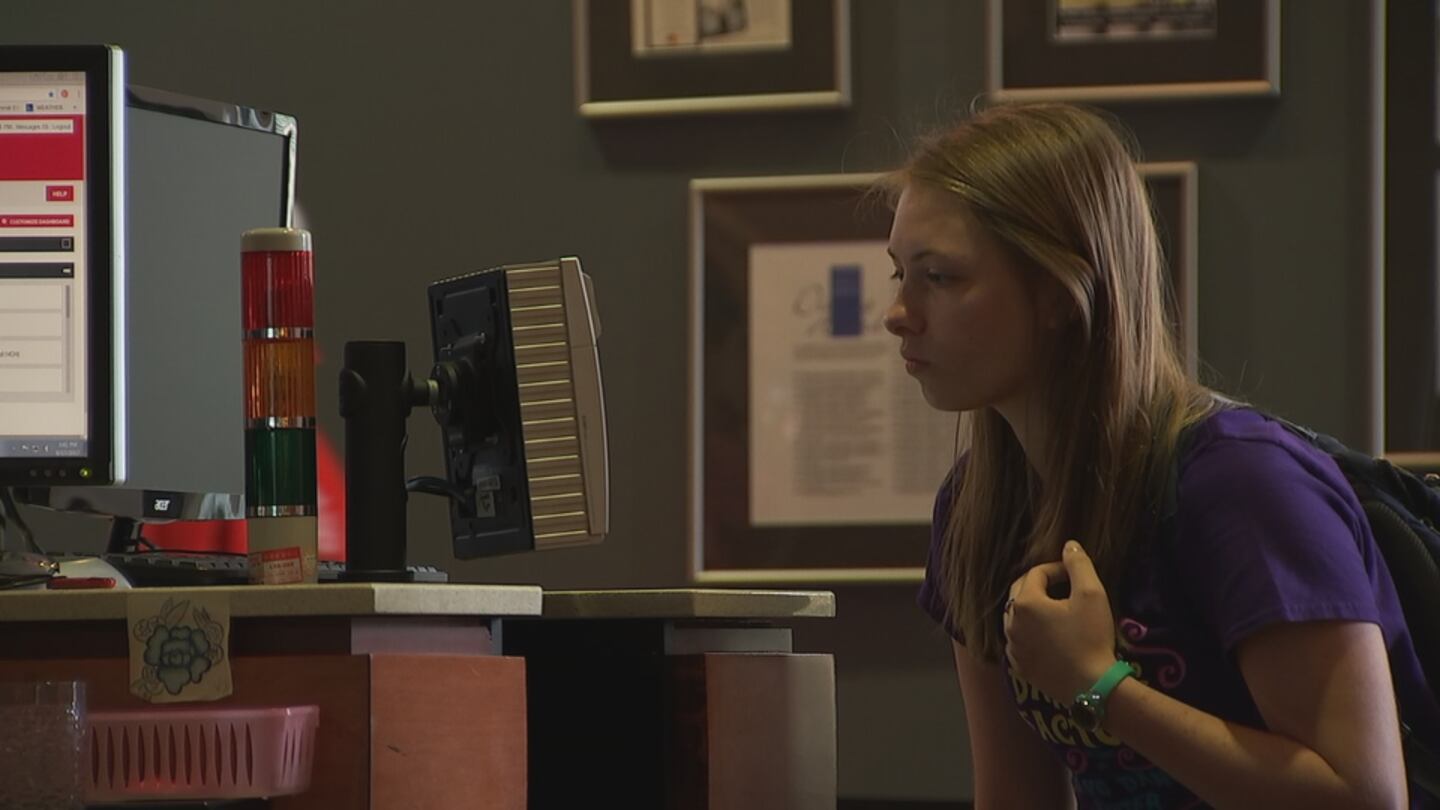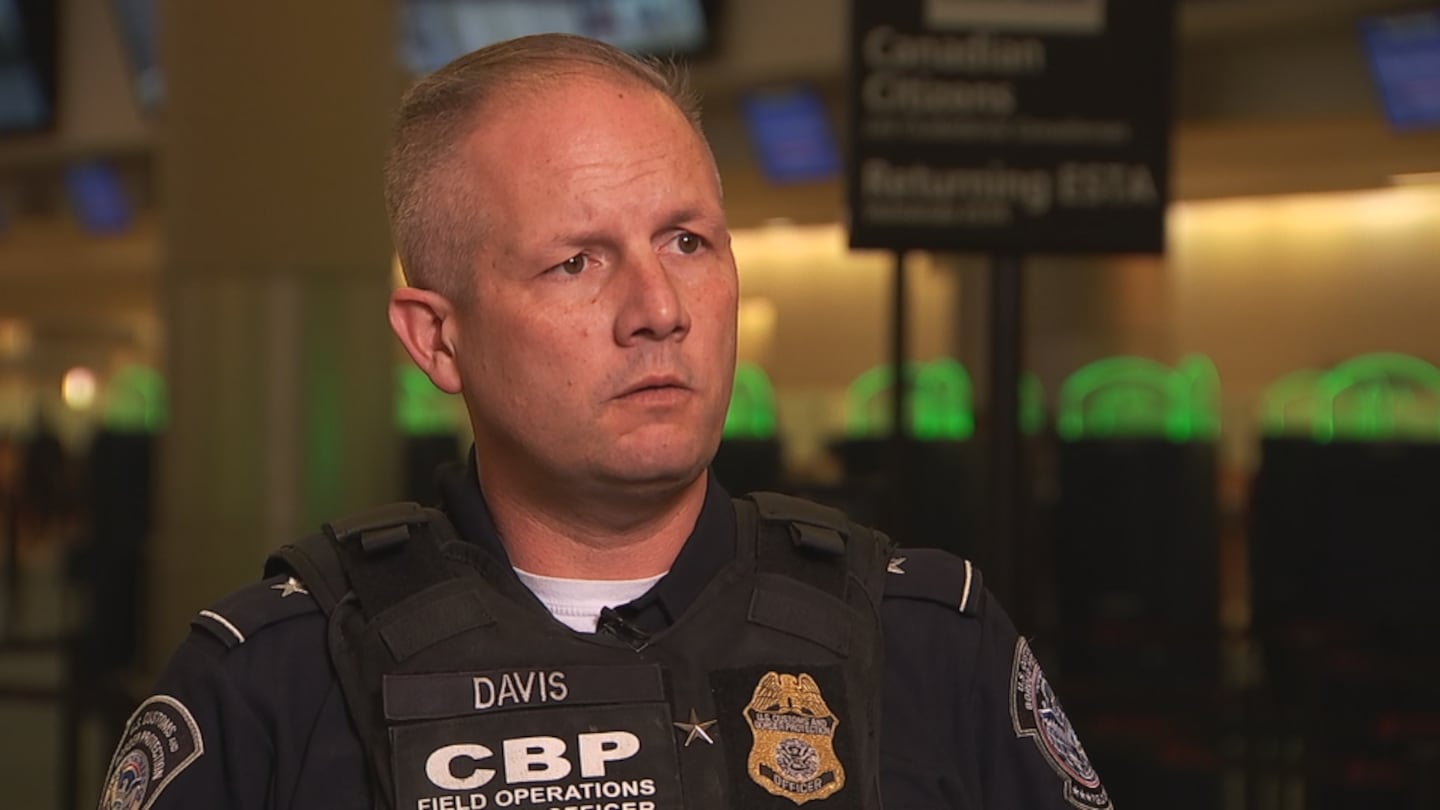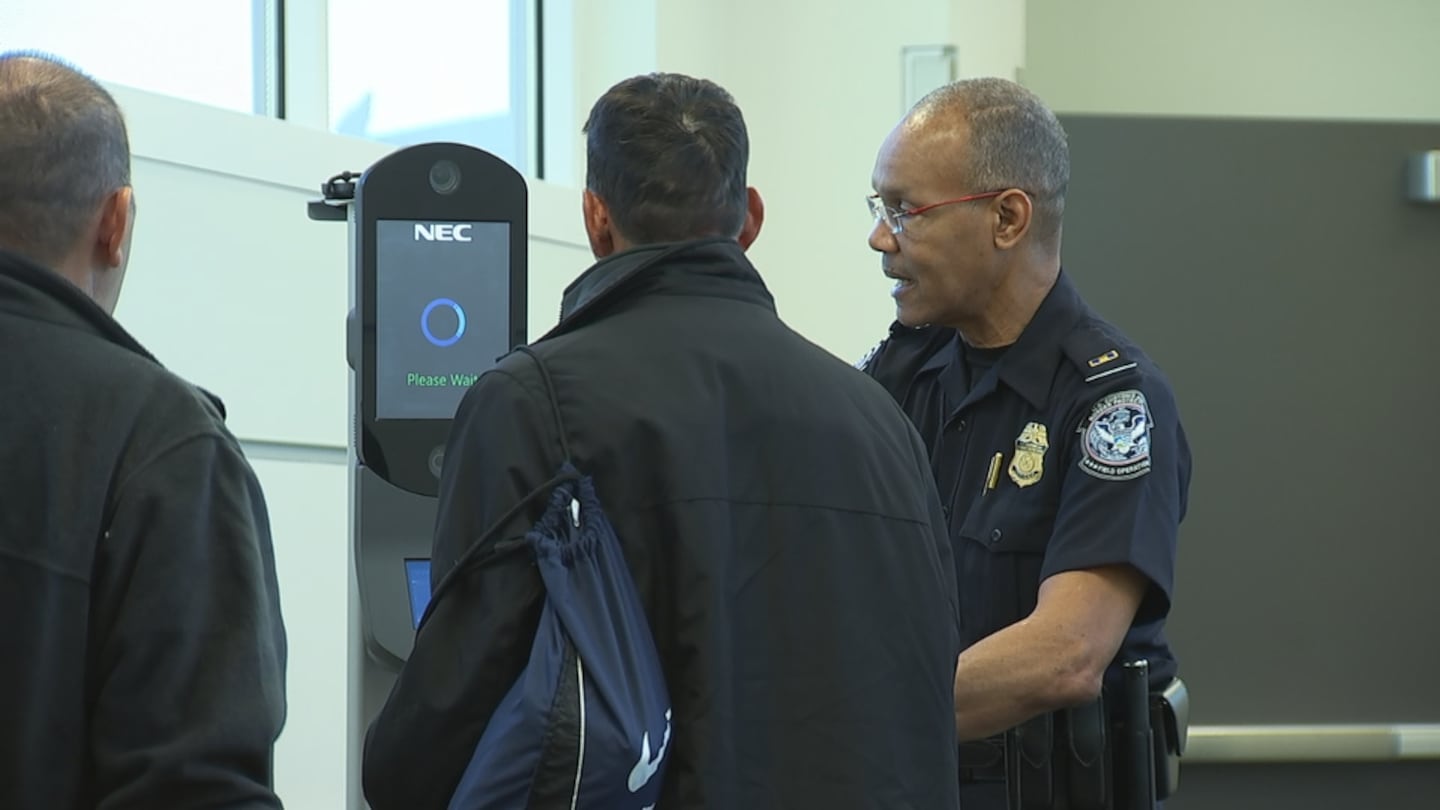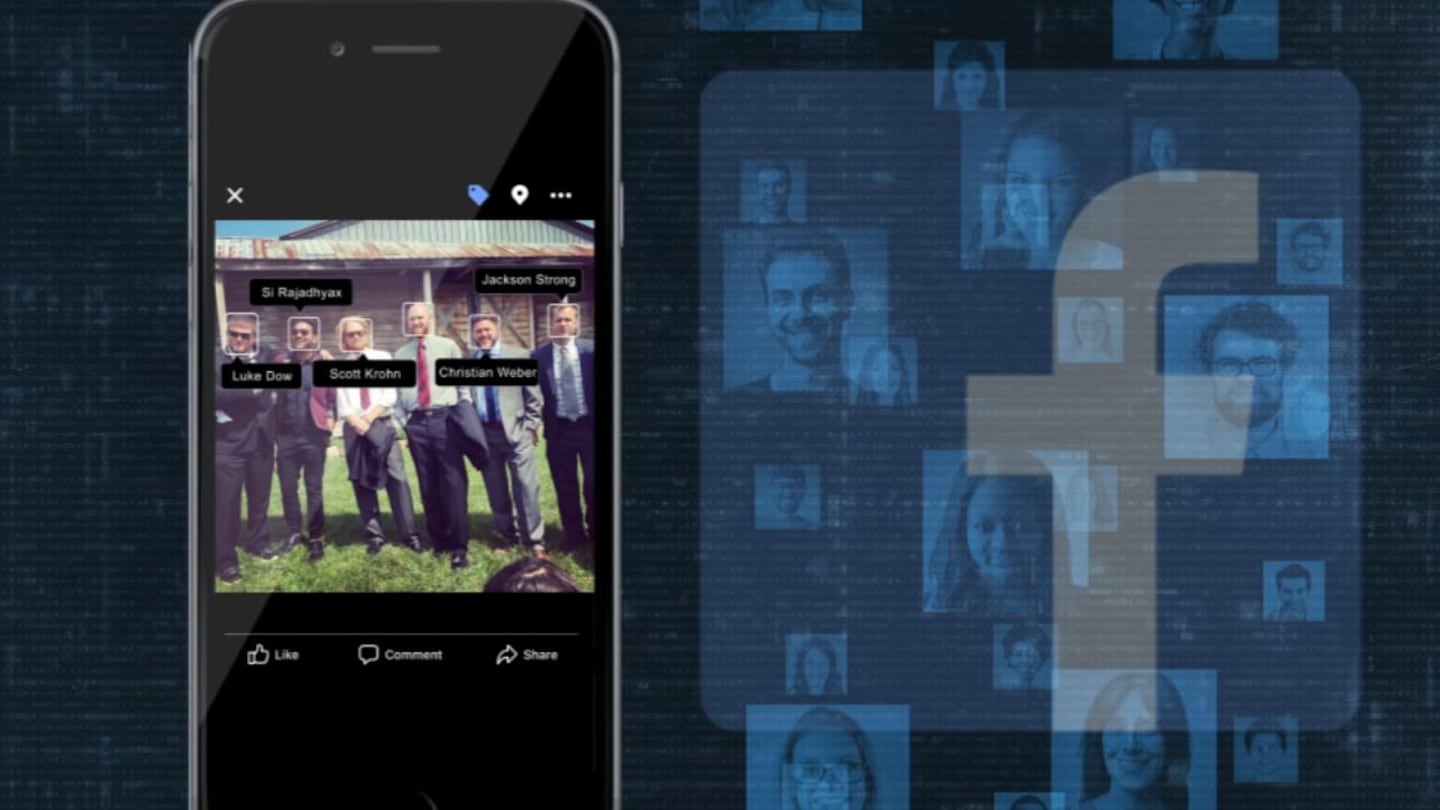Is your anonymity going extinct?
That's what researchers and Congress are asking as government and commercial uses of facial, eye and finger scans explode in our everyday lives.
Channel 2's Tom Regan found a social media behemoth is pilfering your privacy.
Every time you upload and tag a photo on Facebook, you are contributing to the largest facial recognition database in the world. It’s bigger than the FBI's.
That data and others from biometric technology may bring convenience and increased security, but at what cost to your privacy?
At the University of Georgia, every meal comes with a side of biometric technology.
"Thank you. You have been identified."
Students hear this confirmation from an iris camera device after staring into it at entrances to dining halls.
Five UGA dining halls are now outfitted with iris camera systems. They capture a still frame of a student's eyes. In seconds, it compares that image with a database to grant access.
"The goal is for faster, more efficient service for the students," said Bill McGee with UGA’s Auxiliary Services.
McGee said 96 percent of students are enrolled in the voluntary program, which began over the summer.
"It's kind of weird. I’m not going to lie. But, I mean, I don't think I really have any concerns about it," UGA student Mary Grace-Gaddy said.
"People were definitely wary about it. They were like, 'I don't really want people reading my eyes,'" another student, Sebastien Nazaire, said.
LATEST INVESTIGATIONS:
- Texting and driving? Cops could have a new tool on their side: a Textalyzer
- Mistakes by credit bureaus making consumers' lives nightmares
- Controversial pet store defends allegations it sells sick dogs
At Hartsfield-Jackson International Airport, customs officials are now testing facial recognition screening for international flights. Regan was there for a recent early-morning flight to Mexico City.
A passenger's face scan is instantly compared to existing pictures in the government’s database. It's said to be more authentic and reliable than documents, even fingerprints.
“When accuracy comes into play, it disallows people from coming into the country to do bad things,” Carey Davis with Customs and Border Protection told Regan.
While Regan was there, four passengers were temporarily detained after the screening revealed they had entered the U.S. illegally.
Proponents of facial scanning say it's faster and more secure than passports.
"The way things are working, the efficiency it creates,I predict facial recognition will be the way of the future,” Davis said.
Customs and Border Protection officials said once a U.S citizen's scan is verified, it's deleted.
Passengers Regan spoke with have mixed feelings on getting scanned.
"I'm fine with it," Kristina Wheeless said.
"I think it's unnecessary and it's an invasion of my privacy," Jason Perron, a frequent air traveler, told Regan.
Biometric technology uses unique physical characteristics to verify identities. These traits, once collected, can live in databases forever.
"It basically destroys your ability to control your identity," Jeramie Scott with the Electronic Privacy Information Center in Washington ,D.C., said.
Privacy-rights advocates like Scott worry the collection of this data combined with cameras threatens anonymity in public. There's no federal laws limiting how facial scan information is used.
“There’s a real risk of large-scale, indiscriminate surveillance of the public, which chills our First Amendment-protected rights," Scott told Regan.
The largest facial recognition database in the world? You guessed it -- Facebook.
It's larger than the FBI's and more accurate. Every time users tag a photo they are, unwittingly, improving the accuracy of its facial recognition system, and they are linking personal information from the individual’s profile with a name and a face.
Google photos uses similar technology.
"It’s not just your collection tool. Your stuff is being used to collect information about you," Georgia State University law professor Jessica Cino said.
Facebook didn't respond to Regan’s request for information about future use of this data. Its website says it will never sell a user's data, which is collected to direct more personalized ads to users.
With 2 billion users and 300 million photos uploaded every day, privacy experts contend Facebook's facial recognition data could be more valuable to identity thieves than your credit card number.
"Once it’s lost, it’s lost forever. It’s not like a password or a security code that can be changed if it's compromised," Scott said.
Citing privacy concerns, Europe and Canada won’t allow Facebook's facial recognition technology.
In the U.S., the facial scanning program is automatically on for every user and must be manually disabled.
Cox Media Group








